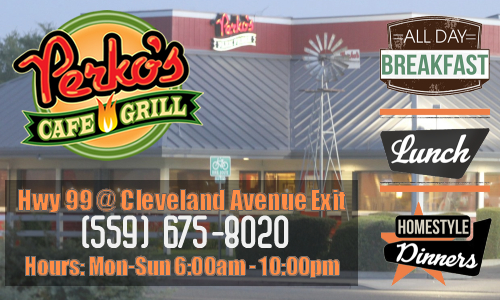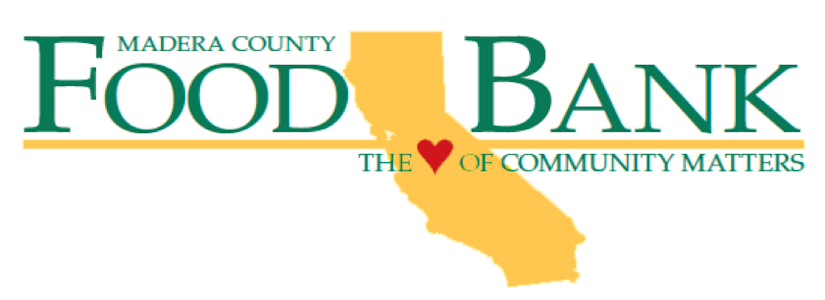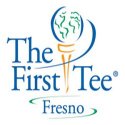
One of the most obvious signs that a house is a drug house is that you’ll find paraphernalia, like pipes and syringes, lying around. There’s a chance you may even witness the exchange of a "package" for cash. The property's windows may be boarded or covered and there may also be excessive and ongoing traffic to the specific house throughout the day and night.
If it’s a meth lab, you’ll probably notice a pungent whiff of chemicals. Be vigilant for a sour smell, the smell of varnish or paint thinners, or the scent of ammonia. This house will have excessive amounts of trash, and you’ll find equipment such as rubber gloves, rubber tubes, filters, respiratory masks, ample plastic bottles, and glass containers.
You may also find containers and cylinders that look strange and out of place. Your neighbor may also be very evasive about their profession or may profess to be unemployed. However, their lifestyle may suggest otherwise.
How to Keep Your Neighborhood Safe
Drug dealers are not intimidated easily, and they thrive when the neighborhood fears them. However, with proactive intervention and collaboration between law enforcement and residents, they could get busted.
Never approach the subject directly or make threats, as this could be dangerous. Keep your distance, all the while taking in as much information as possible. Keep notes of specific cars who visit the house and record license plates and car models. Most drug dealers only trust certain people to “push” or sell their narcotics.
You could also start a neighborhood watch group, which is great for collective support. Here you can discuss concerns and focus on solutions together. Be sure the dealer knows the neighborhood is being observed, as drug dealers hate the possibility of getting caught. If you would like more information on how to start your own neighborhood watch group, please email Eugene Drummond at This email address is being protected from spambots. You need JavaScript enabled to view it. or by calling (209) 385-6297.
Contact law enforcement as soon as you witness any suspicious exchanges. Be prepared to give specific information to the officers and provide them with the information from your activity log. The public can send information via anonymous text messages to the police department by dialing “TIP411” (847411) and including the word “Comvip” as the “keyword” in the text message. You can also call our non-emergency phone number 209-385-6912.
Remember: Never confront the subject in question, call the Police Department!














































